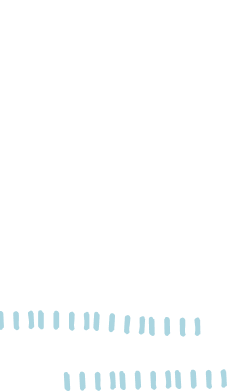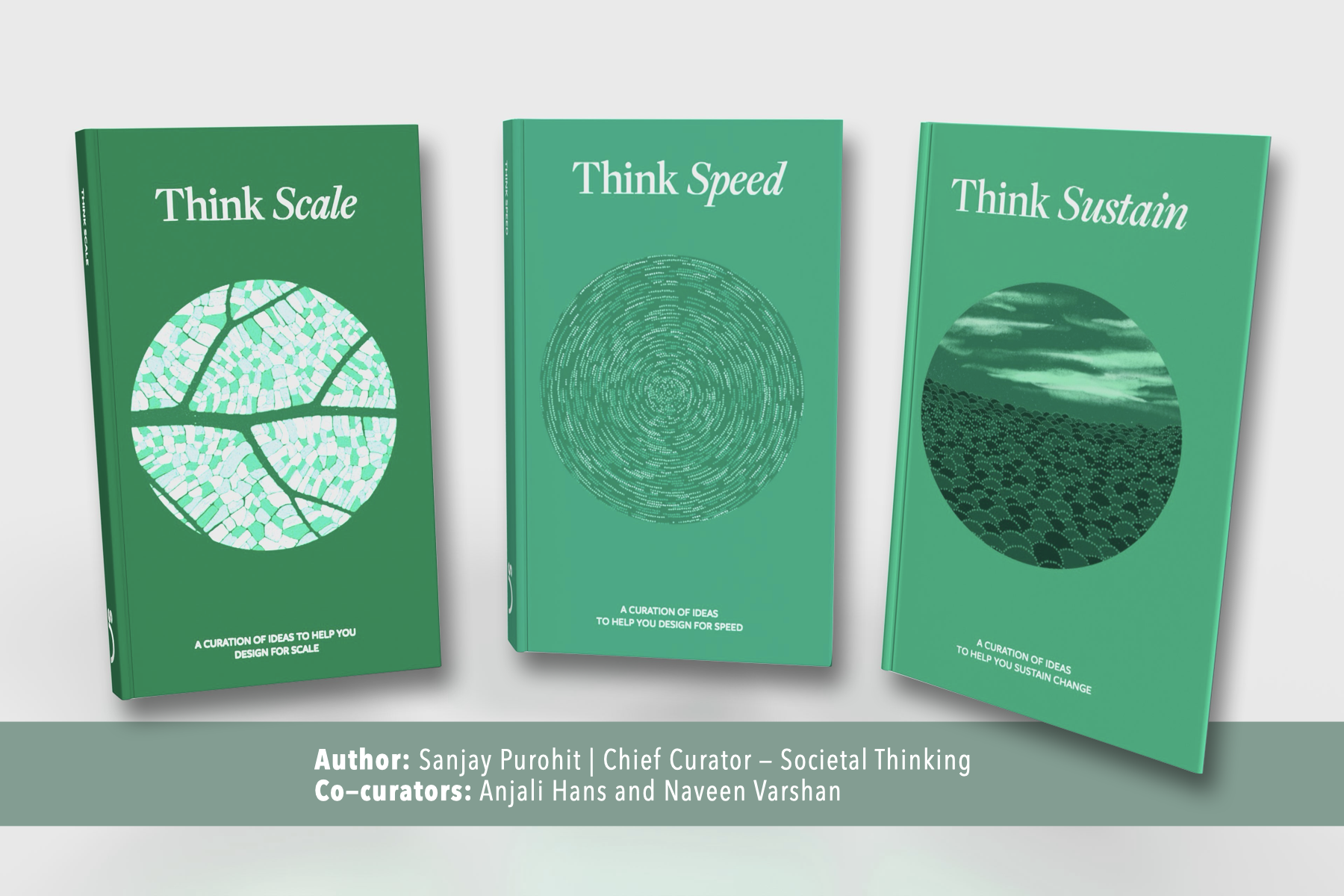In June 1918, seven sepoys were admitted for non-malarial fever in Bombay. Between 1918-1920, the infamous Spanish flu killed an estimated 18 million Indians, the most across all countries. The Times of India, June 1918 edition, reported that the virus spread rapidly in Bombay, the most populous city with over 20 million people. “Nearly every house in Bombay has some of its inmates down with fever” it said. The 1918 flu exposed the fragile healthcare system of India. It highlighted the lack of urgency and empathy in the system’s response. Soon after, the Government admitted to its inability to cope with the crisis and turned to the public for support.
The 1918 pandemic influenced two major social movements in India:
- Freedom Movement: The trauma added fuel to the smouldering call for independence. Mahatma Gandhi, who also suffered the flu, stressed on self-reliance. He led the citizens to assume personal responsibility and demand for urgent reforms.
- Community Participation: Civil Society Organisations (CSOs) and social reformers responded with public awareness campaigns, local leaders set up community hospitals and dispensaries, several donated funds, and became part of the recovery.
A hundred years later, our fragilities are exposed again. As we struggle to contain the impact, estimates indicate the pandemic has pushed 100 million people back into poverty. Education systems are disrupted affecting 90% learners, globally. Today, though our lives are meshed with deep interconnected networks, more powerful than the ports and harbours of 1918, decades of technological and economic progress is yet to respond to those who need it the most. Do we need to reimagine how to leverage our advancements to come together and solve the challenges for the most vulnerable? Do we need to renew our individual and collective responsibilities?
In time, the pandemic that we are staring at, will pass. It would be a grave mistake if we let it go by without learning from the disruption and begin new movements. It would be unfair to not introspect, realise our fragility and renew our responsibility towards building the tomorrow we desire. The pandemic of 1918 renewed our commitment to freedom and participation. Can the pandemic of 2020 renew our responsibility to restore human agency and improve the value of human interactions? Peter Drucker once said, “The best way to predict the future is to create it.” While many may predict the future, our hope lies in those who are creating a better version.
Our challenges have three notable characteristics. They are large. They are unpredictable. They mutate. Today, 144 million children under the age of five are stunted; remote learning remains out of reach for 500 million children; vaccine coverage has dropped to levels last seen in 1990s; water scarcity could displace 700 million people by 2030; the pandemic has destabilised the livelihoods of more that 3.3 billion people globally. We need to address these challenges with befitting, urgent and coordinated responses by all sectors of our society, together. A hundred years later, it is time to build beyond the foundations of freedom and participation.
Can the 2020 pandemic fuel two social movements across all societies?
- Individual Agency: Last two years have been harsh. However, through the lockdowns and disruptions, billions of individuals, in their local communities, exerted freewill to support each other. How can we strengthen this muscle for self-directed responsibility and local action?
- Societal Interaction: Last two years have been hard. However, Governments, CSOs and Businesses came together to solve tough problems and rekindle hope. How do we grow such multi-sided interactions? How can we leverage technology advances to make this sustainable?
Rather than prescribe answers, we may need to introspect with better questions. How can we engage change leaders to develop contextual solutions? How can we innovate technology to improve the value of millions of daily interactions between people delivering or consuming public services? How can we empower 3 billion underserved people to see, sense and adapt the solutions to their problems? Our traditional approaches seem to have reached a plateau. Now may be the opportunity to improvise our thinking and action to accelerate change. Can we reimagine how to leverage our freewill and creative instincts to solve large, unpredictable and mutating challenges in fields such as healthcare, livelihoods, education, equity and climate?
Audacious endeavours to restore individual agency and sustain societal interactions require three catalysts to come together. First, we need to play the role of system leaders who convene, inspire, align and lead from behind. Second, we need to engage as patient funders who contribute risk capital, engage with re-imagination and support uncharted pathways. Third, we need to step-up as visionary builders who can develop technologies that connect and enable large networks of change leaders across Government, Civil Society and Business.
We need to find this system leader, patient funder or visionary builder within us.
Read more about reimagining societal change at scale. Learn more about Societal Thinking here.
 Back
Back


